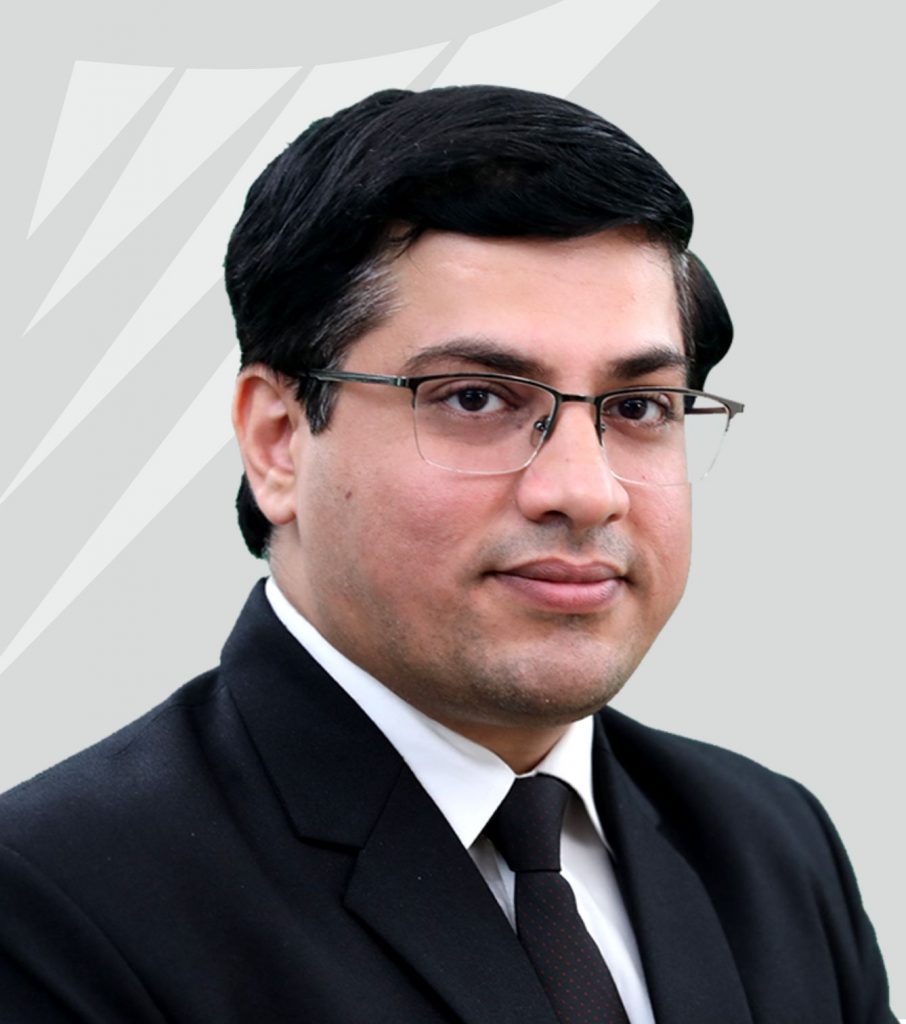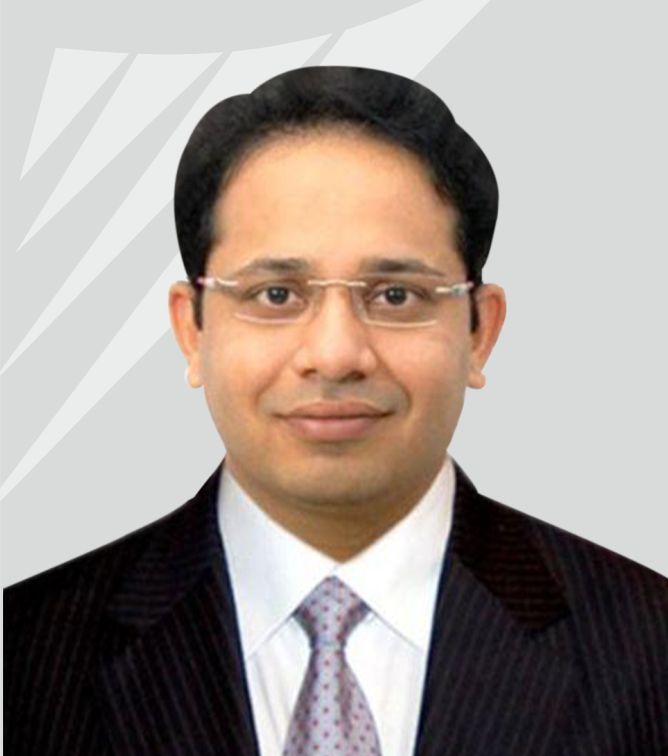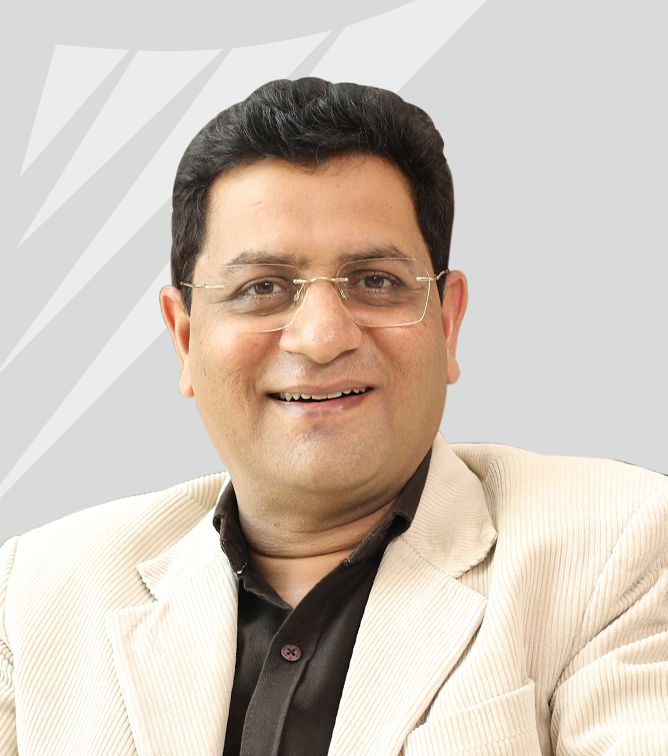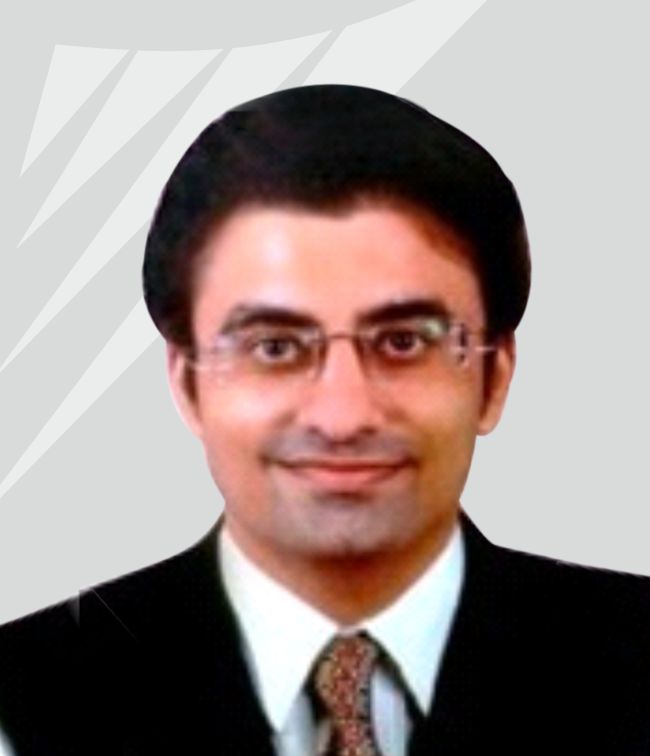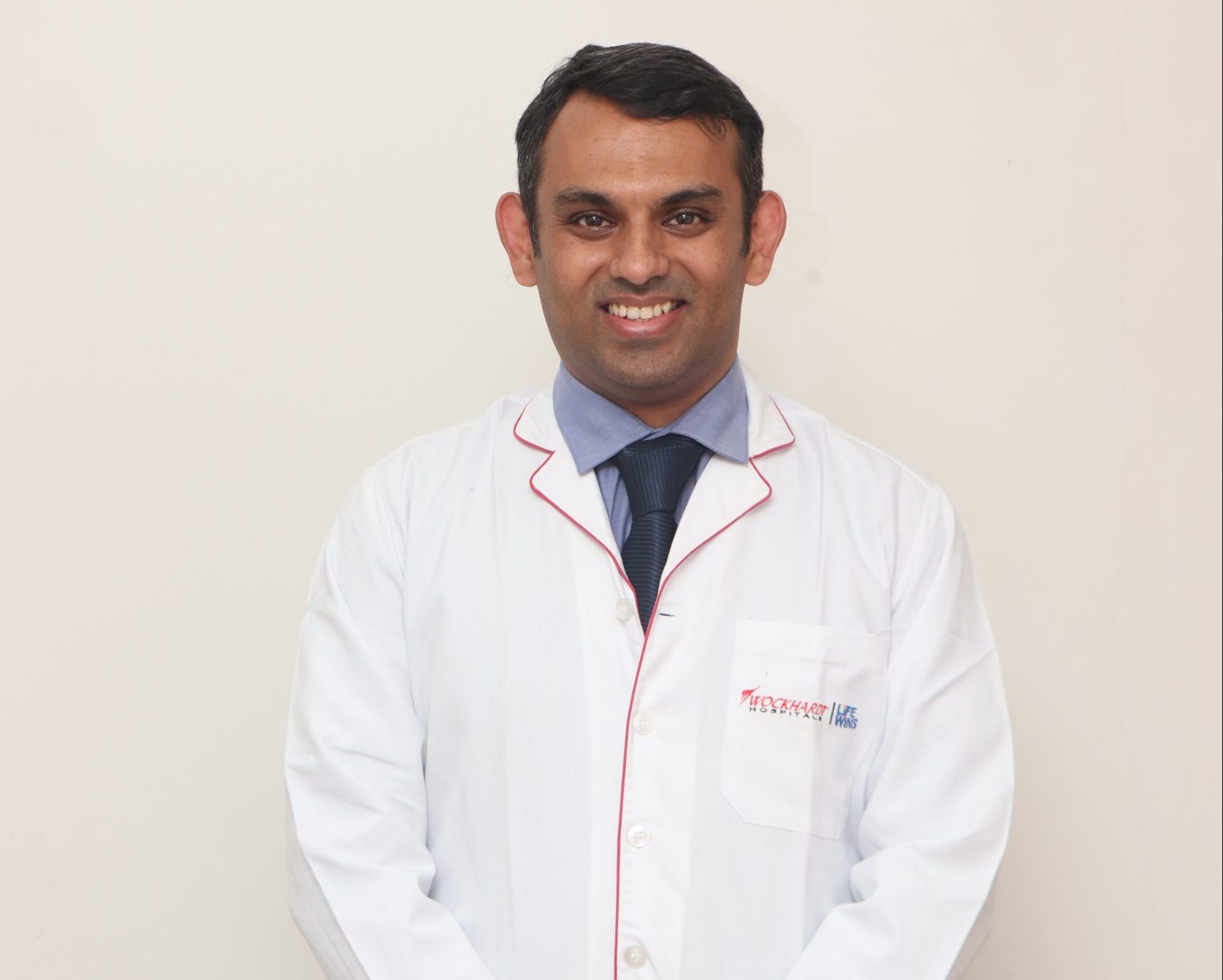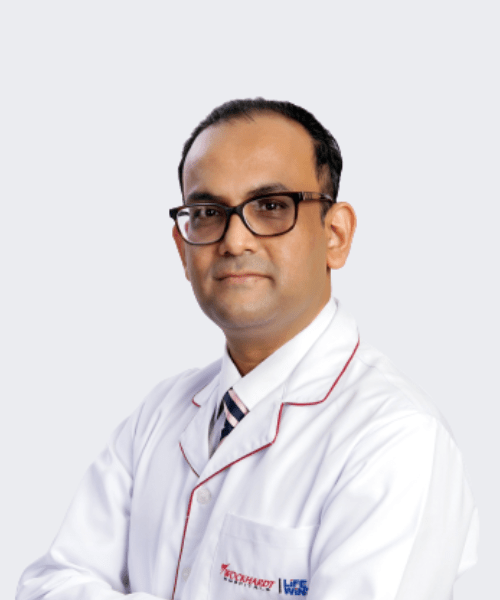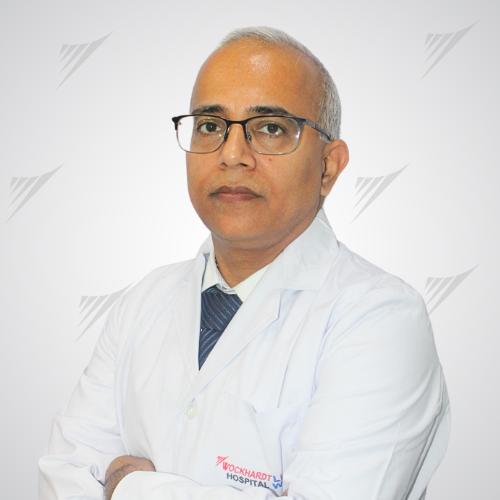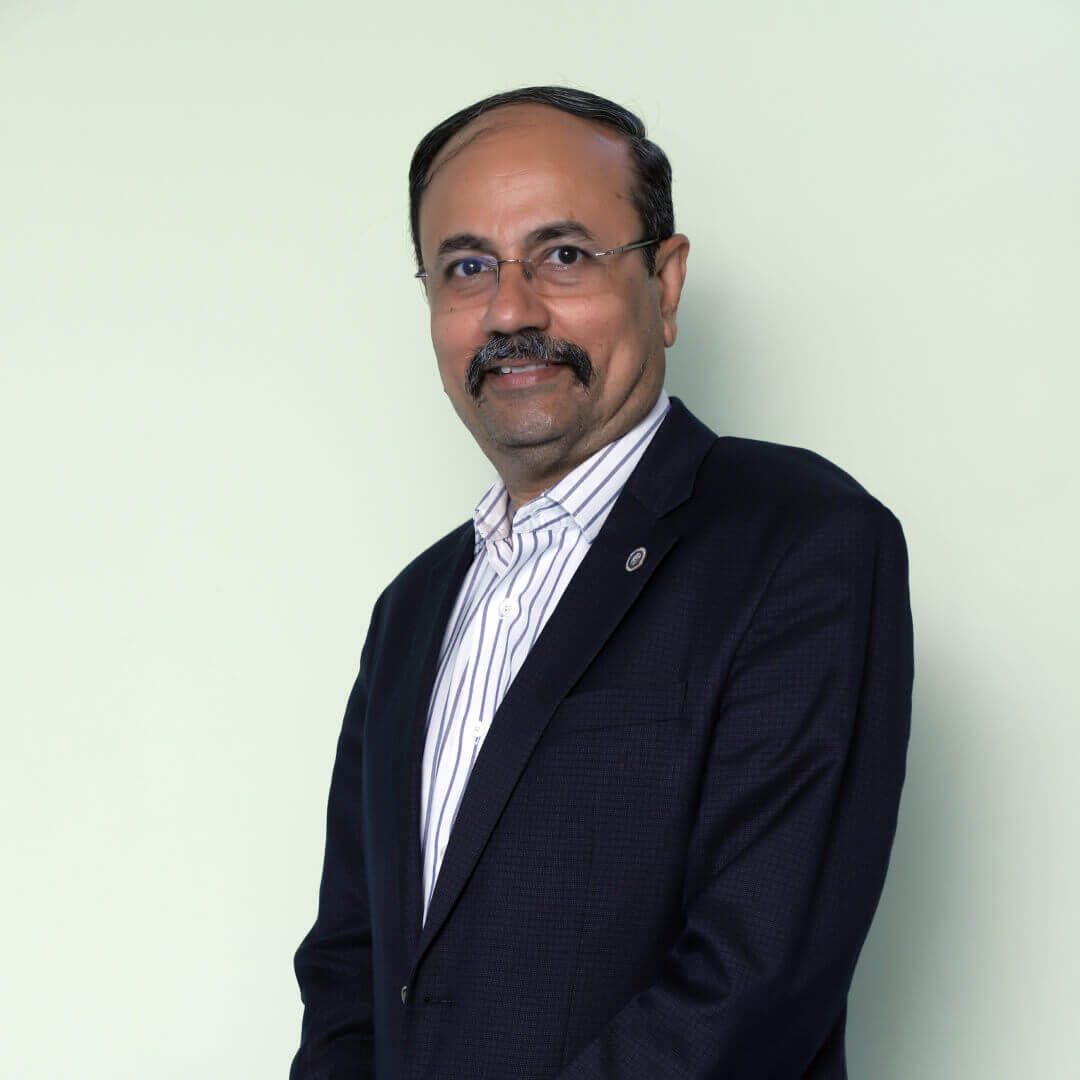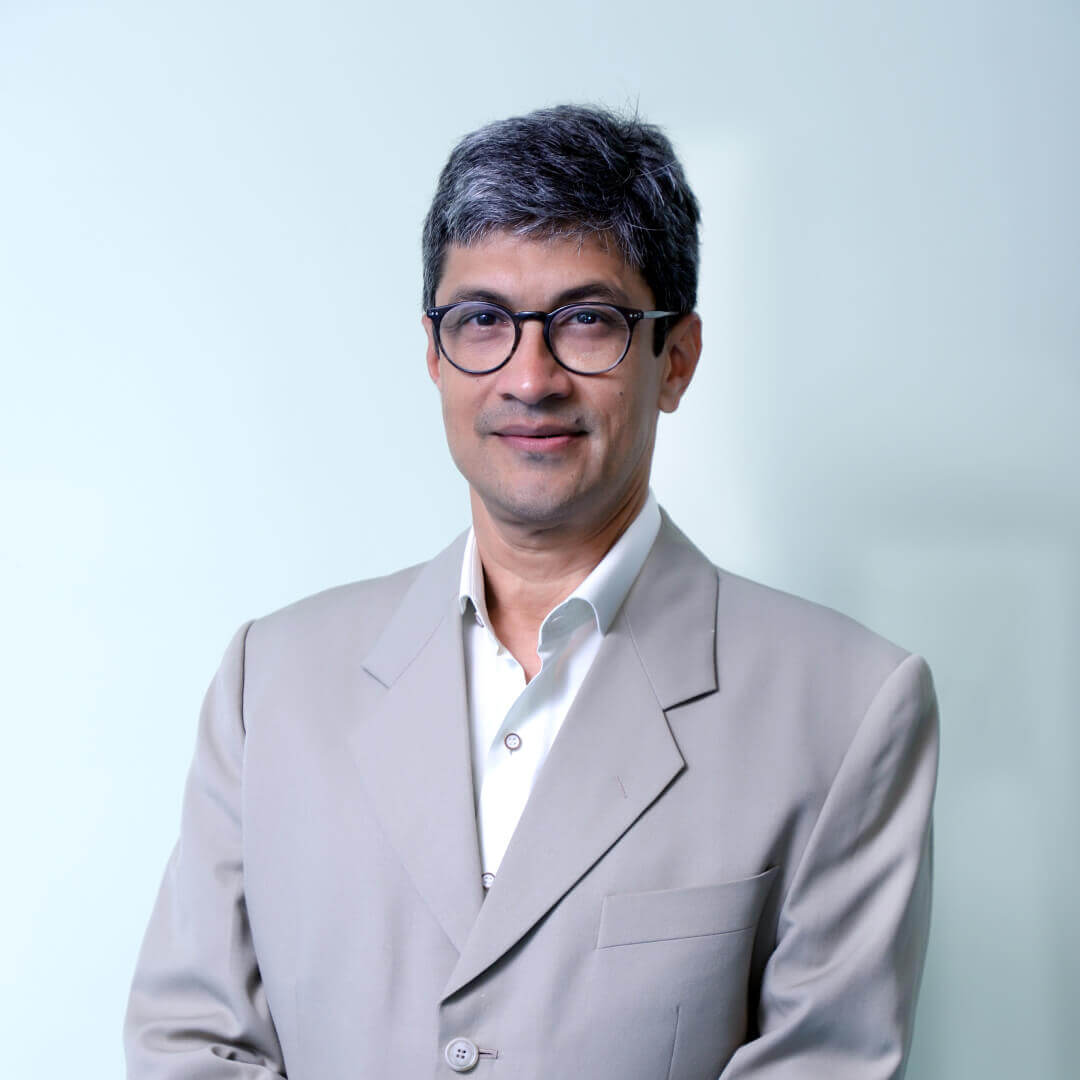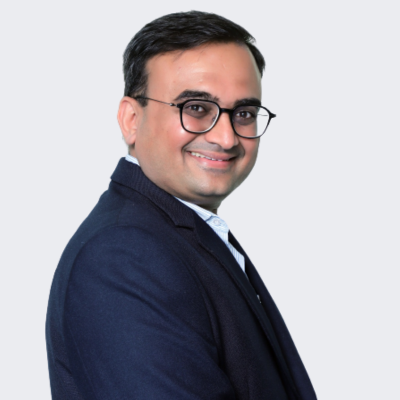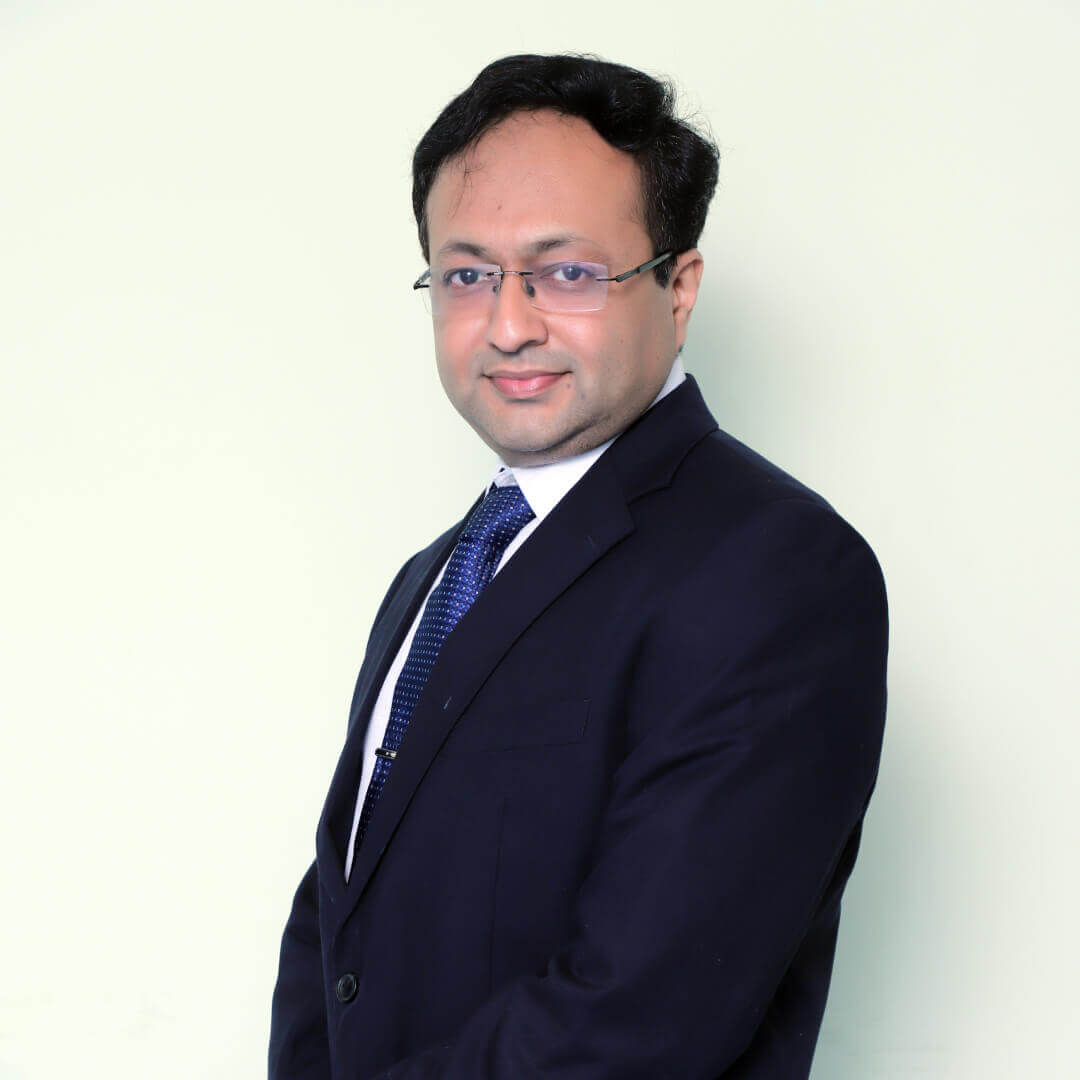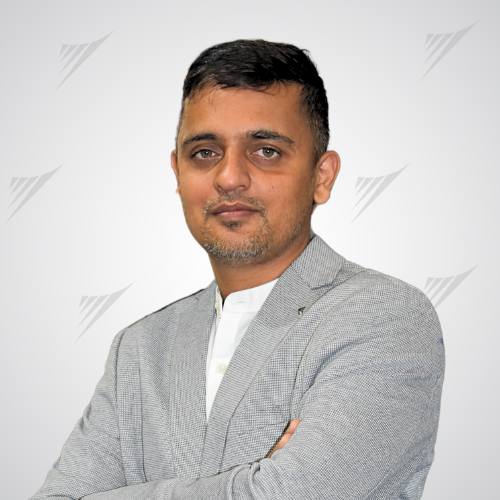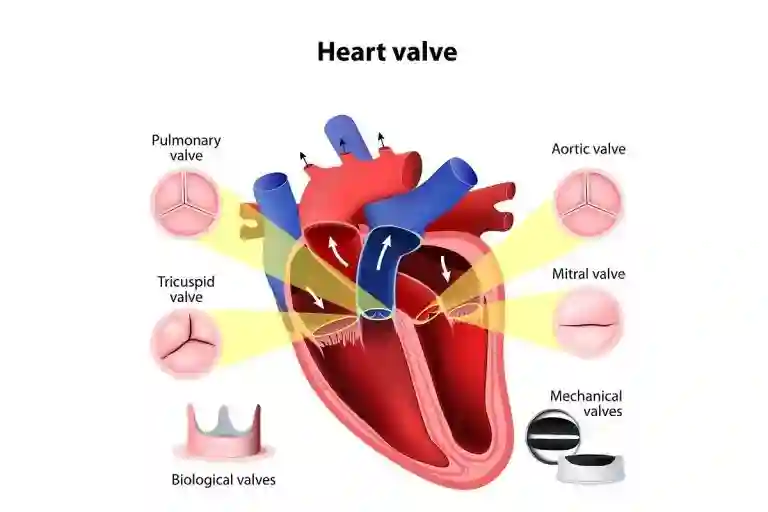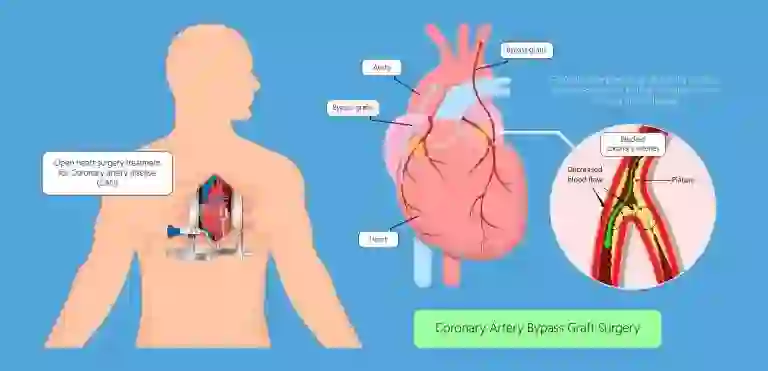Home » Speciality » Cardiac Surgery
Heart Surgery: Best Cardiac Surgery Hospital in India
At Wockhardt Hospitals, we take great satisfaction in being India’s top heart surgery destination and providing advanced cardiac surgery in India.
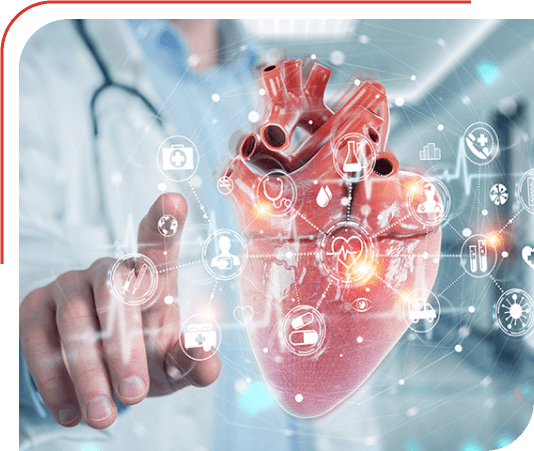
Why Choose Wockhardt Hospitals
for Cardiac Surgery?
Cardiac surgery, also known as heart surgery or cardiovascular surgery, is the surgical treatment for numerous heart conditions along with problems associated with the blood vessels that supply blood to the heart. Cardiac surgery is quite complex and requires the specialised expertise of cardiac surgeons.
A cardiac operation is necessary for the treatment of a major heart problem like a heart attack or congenital heart condition to improve the circulation of blood to the heart as well as the function of the heart. Sometimes, a heart operation treats life-threatening heart conditions and gives patients a fresh lease on life. With advancements in technology and the use of surgical equipment, cardiac surgeries may become minimally invasive or even non-invasive (such as in the case of percutaneous coronary intervention for repairing blocked coronary arteries).
At Wockhardt Hospitals, advanced and innovative cardiac surgery methods reduce hospital stays and make recovery easier. Cardiac surgeons and consultants with extensive experience and training are well-prepared to treat complex cardiac problems in high-risk patients.
Renowned Cardiac Surgeons
at Wockhardt Hospitals
- Mumbai Central
- Mira Road
- Nagpur
- Rajkot
Diagnosis for Cardiac Surgery
Before cardiac surgery is scheduled, a cardiologist may examine a patient and ask for the patient’s personal and family history. A cardiologist may recommend certain tests to diagnose heart diseases which may include blood tests and chest X-rays. Additionally, specialised imaging tests may be recommended by a cardiologist to diagnose heart diseases.
- Electrocardiogram (ECG or EKG): An ECG is a fast and pain-free imaging test that records and charts the electrical signals of the heart.
- Echocardiogram: Echocardiogram is a non-invasive imaging test that uses sound waves to provide detailed images of the heart in motion. It helps demonstrate the movement of blood through the heart valves and its blood vessels. An echocardiogram can help identify blockage or leakage through a heart valve.
- Cardiac (heart) computed tomography (CT) scan: During a cardiac CT scan, an X-ray tube inside the CT scan machine helps collect images of the heart and chest.
- Cardiac (heart) magnetic resonance imaging (MRI) scan: A cardiac MRI scan makes use of a magnetic field along with computer-generated radio waves to provide detailed images of the heart.
- Cardiac catheterization: Cardiac catheterization is a procedure that helps in revealing blockages in the arteries of the heart. During the cardiac catheterization process, a long, thin, flexible tube (catheter) is inserted into a blood vessel, usually in a region around the groin or the wrist. The catheter is inserted through a blood vessel till the heart is reached. Cardiac catheterization is often used to visualise the arteries of the heart by using a special dye sent to the arteries via the catheter. The dye is used to show the arteries more clearly on an X-ray during the procedure.
- Exercise tests or stress tests: Exercise or stress tests are physical tests that assess the heart function while a patient performs some kind of physical activity which often involves walking on a treadmill or riding a stationary bike while the heart function is monitored. A stress test helps to evaluate how the heart responds to physical activity and whether any symptoms of heart disease appear during such exercises.
- Holter monitoring: A Holter monitor is a portable ECG device that is worn by a heart patient for a day or more. A Holter monitor helps to record the heart’s activity during daily activities. A Holter monitor may help detect arrhythmias or irregular heartbeats during regular activities that may not be found during a regular ECG test.
Some of these imaging tests may also be used by cardiac surgeons to guide them in performing various complex cardiac operations.
Treatment for Cardiac Surgery in India
Cardiac surgery in India may be performed depending on the cause, type, and severity of a heart condition along with the amount of damage done to the heart due to a heart condition. Ideally, the treatment of heart diseases depends on such factors. Following a healthy lifestyle such as consuming low-fat and low-sodium diets, getting ample exercise and sleep, and avoiding smoking are important aspects of promoting good heart health and managing existing heart problems.
- Medicines
Primarily, medicines may be recommended for managing heart conditions when lifestyle changes are not enough. Sometimes, medications may also be required to prevent complications due to heart disease.
- Cardiac Surgery
Different types of cardiac surgeries may be performed depending on the condition to be treated.
Coronary Artery
Bypass Grafting (CABG)
Coronary artery bypass grafting or CABG is a type of heart surgery used for treating various coronary artery diseases (CAD). Coronary artery diseases are conditions of coronary arteries that may become blocked or hardened leading to decreased blood flow to the heart. A CABG surgery may help to treat CAD in one or more of the arteries of the heart. During a CABG surgery, a healthy blood vessel from a different location of the body, usually from the arms, legs, or chest creates a new path to bypass a blockage in an artery for uninterrupted flow of blood.
Aneurysm Repair Surgery
An aneurysm is a bulge in the artery wall or a heart muscle, sometimes in the aorta of the heart (aortic aneurysm). Aneurysm repair surgery helps treat aortic aneurysms by replacing the damaged part of the aorta with a graft. Left ventricular reconstructive surgery helps to treat aneurysms in the heart muscle which usually result from a heart attack. This type of heart operation removes the aneurysm and any surrounding scar tissue along with reducing symptoms of heart attack like angina to allow the heart to function efficiently.
Heart valve repair or replacement
Heart valve surgery involves surgically repairing or replacing faulty valves in case of valvular heart problems to ensure proper flow of blood through the valves inside and out of the heart.
Septal Myectomy
A Septal Myectomy is a surgical treatment for treating hypertrophic cardiomyopathy which is a condition of the heart causing the heart muscles to become too thick. Usually, the muscular wall of the heart that separates the left and right sides of the heart (septum) is affected, hence the name Septal Myectomy. During this surgery, a small part of the septum is removed which allows better passage of blood from the left ventricle to the aorta and relieves symptoms of myopathy.
Cardiac Surgery
for Device Insertion
Patients suffering from arrhythmias and/or heart failure may benefit from a cardiac device that helps address specific kinds of problems. Some of the common types of cardiac devices inserted through surgery include:
- Permanent Pacemaker: A pacemaker assists the functioning of the heart's electrical system and helps to make it work as well as it should. The sensors of a pacemaker identify when the electrical activity of the heart is off and restore normalcy in heart rhythm by sending electrical signals.
- Implantable Cardioverter Defibrillator (ICD): An ICD is a device used for patients with arrhythmias to detect dangerous levels of arrhythmias and bring the heart back to normal by sending a shock to the heart.
- Left Ventricular Assist Device (LVAD): An LVAD is a device that helps the left ventricle to pump blood to the aorta as well as the entire body. This device is used when other treatments for heart failure fail to work. Sometimes, this device may be used for patients with heart failure who are awaiting heart transplantation to take over the function of the left ventricle of the heart.
Heart Transplant Surgery in India
Heart transplantation surgery is a treatment of last resort for patients with end-stage heart failure. This procedure involves the complete replacement of the heart with a donor’s heart.
How are Cardiac Conditions Treated?
Heart operation or cardiac surgery treats a range of conditions and ailments that affect the heart and the arteries connected to the heart. Some of the common conditions treated by surgeon at cardiac surgery hospital includes:
- Aneurysms like abdominal aortic aneurysms or thoracic aortic aneurysms
- Arrhythmias leading to atrial fibrillation
- Congenital heart diseases such as aortic coarctation, atrial septal defect (ASD), dextro-transposition of the great arteries, patent foramen ovale, tricuspid atresia, and ventricular septal defect (VSD)
- Coronary artery disease (CAD) such as atherosclerosis and heart attack
- Heart valve diseases such as aortic valve stenosis, mitral valve prolapse, and tricuspid valve regurgitation
- Heart failure
When Should I See a Doctor?
Some heart problems may develop gradually while some may occur all of a sudden. It is important to seek immediate medical attention if a person experiences one or more of the following symptoms:
- Chest pain
- Shortness of breath
- Losing consciousness or fainting
It is also essential to identify the symptoms of a heart attack and seek medical attention right away to avoid complications. These symptoms are:
- Uncomfortable pressure, squeezing sensation, fullness, or pain in the centre of the chest which may last a few minutes, go away for some time, and come back again.
- Shortness of breath with or without chest discomfort.
- Pain or discomfort in one or both arms, the back, neck, jaw, or stomach.
- Breaking out in a cold sweat
- Nausea or lightheadedness
It is easier to treat heart diseases when detected early. Therefore, it is important to consult a healthcare provider or a cardiologist if there are any concerns about heart health. This is especially important if there is a family history of heart disease in a patient as the patient may then require resorting to ways to reduce the risk of heart disease.
Cardiac Surgery / Heart Surgery Blogs
FAQs on Cardiac Surgery
Q. Which is the No. 1 cardiac surgery hospital in India?
Wockhardt Hospitals’ Department of Cardiology has a stellar reputation for providing excellent patient care and clinical results. For patients with congenital heart disease and other cardiac disorders, the team of cardiologists, doctors, and other experts is committed to providing the best possible cardiac care.
Q. What is the success rate of cardiac surgery in India?
India is home to the most skilled and accomplished cardiologists. India has a far greater success rate for heart bypass surgery than most other nations, at over 98%.
Q. How long will my surgery take?
Cardiac surgery may take 3 to 6 hours or longer depending on the type and complexity of the surgery. Before the surgery, all the details of the heart surgery would be discussed with the patient by the treating cardiologist.
Q. How long does it take to recover from a heart operation?
In general, patients return to daily life activities within a week or two after a minimally invasive heart surgery, sometimes it may take around a month after an open heart surgery. To recover and heal fully from a cardiac surgery, it may take about 2 to 3 months or longer depending on the health condition of the patient following the surgery.
Q. What is the cost of heart surgery in India?
Different heart operations may cost different depending on the nature of the surgery. We at Wockhardt Hospitals provide consultations that can be booked over our website or via a call to our hospitals. During this consultation, the doctor shall evaluate the need for the procedure and subsequently, one can discuss the cost and the procedure before scheduling one.




